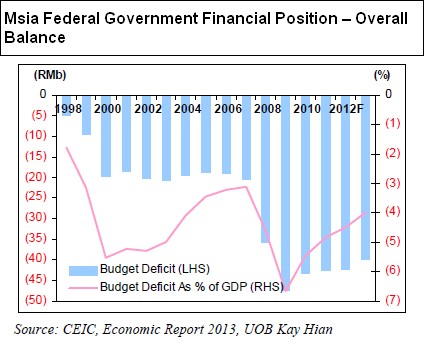Launching of Association of Financial Advisers (AFA)

31 st Oct 2012 would be a historic day for Malaysia financial planning industry with the launching of newly formed Association of Financial Advisers (AFA) at Lanai Kijang, Bank Negara Malaysia. From now onwards, AFA will effectively represent all the Licensed Financial Advisers and Corporate Unit Trust Advisers (CUTA) Firms. The association is approved by Registrar of Societies on the 16 th August 2012 with the support from Bank Negara Malaysia. In conjunction with its launching, AFA also held its inaugural financial advisers conference titled “ Charting New Frontier – FA the Future ”. During the conference, audiences were empowered with up to date practices by Bank Negara and Securities Commission. Then, an interesting forum on the Future of Malaysia Financial Advisers Industry was discussed with everyone attentions. How we benchmark ourselves with other countries? We heard some success stories from Singapore and Hong Kong. It was a successful milestone event for financial planners...







